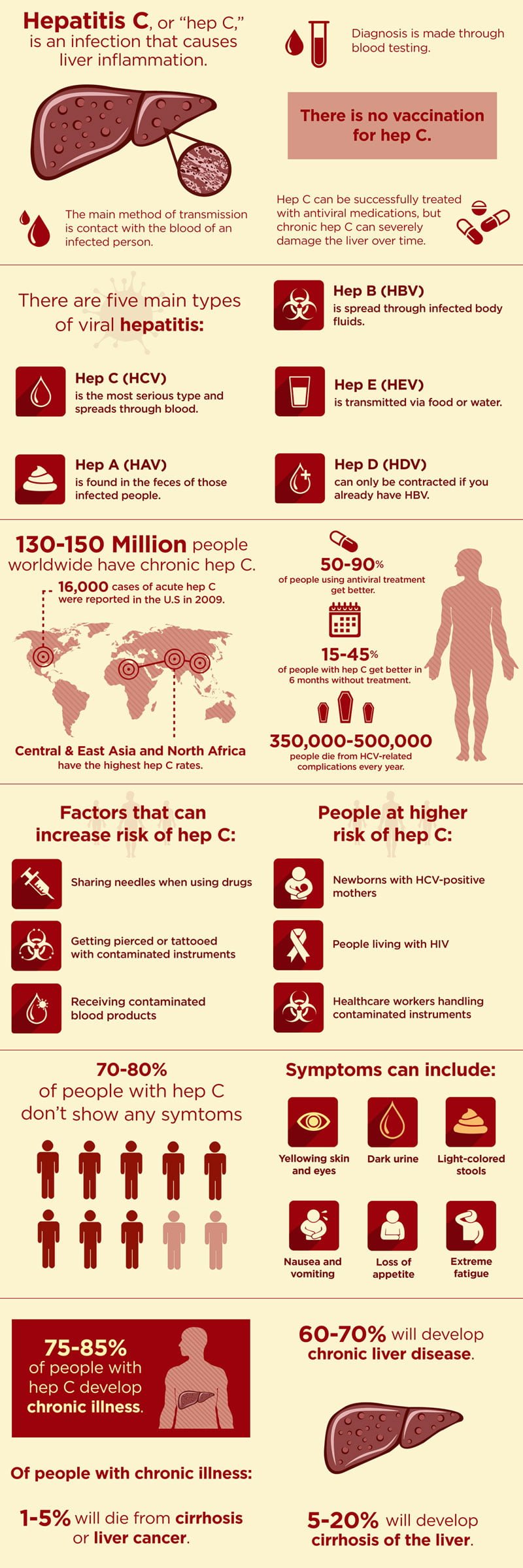About 300 million individuals around the world are infected with the infectious disease hepatitis C, and approximately 1 to 2% of the population in the U.S. is infected. Hepatitis C can cause cirrhosis, scarring of the liver and finally liver failure. A substantial amount of infected individuals get liver disease or cancer of the liver. The existing standard treatment is interferon, and that has only a 50 percent rate of success. Complicating the 50 percent rate of failure are severe side effects that result in a lot of individuals discontinuing treatment.
Researchers have evaluated the effects of a number of flavonoids on the hepatitis C virus. They have revealed that the plant-derived bioflavonoid quercetin, which is made use of by many people as a nutritional supplement, reduces the production of the hepatitis C virus without any cell toxicity.[1]
They found that 2 other bioflavonoids, naringenin and catechin, exhibited antiviral activity on tissue culture. The next phase is to establish through a Phase I Clinical Trial that they’re safe for individuals having chronic hepatitis C infection.
One positive aspect regarding this family of compounds is that they’re nontoxic, and can be used at high doses. Plant derived bioflavonoids represent an extremely encouraging therapy with virtually no side effects which could help many individuals.

Image Source – healthline